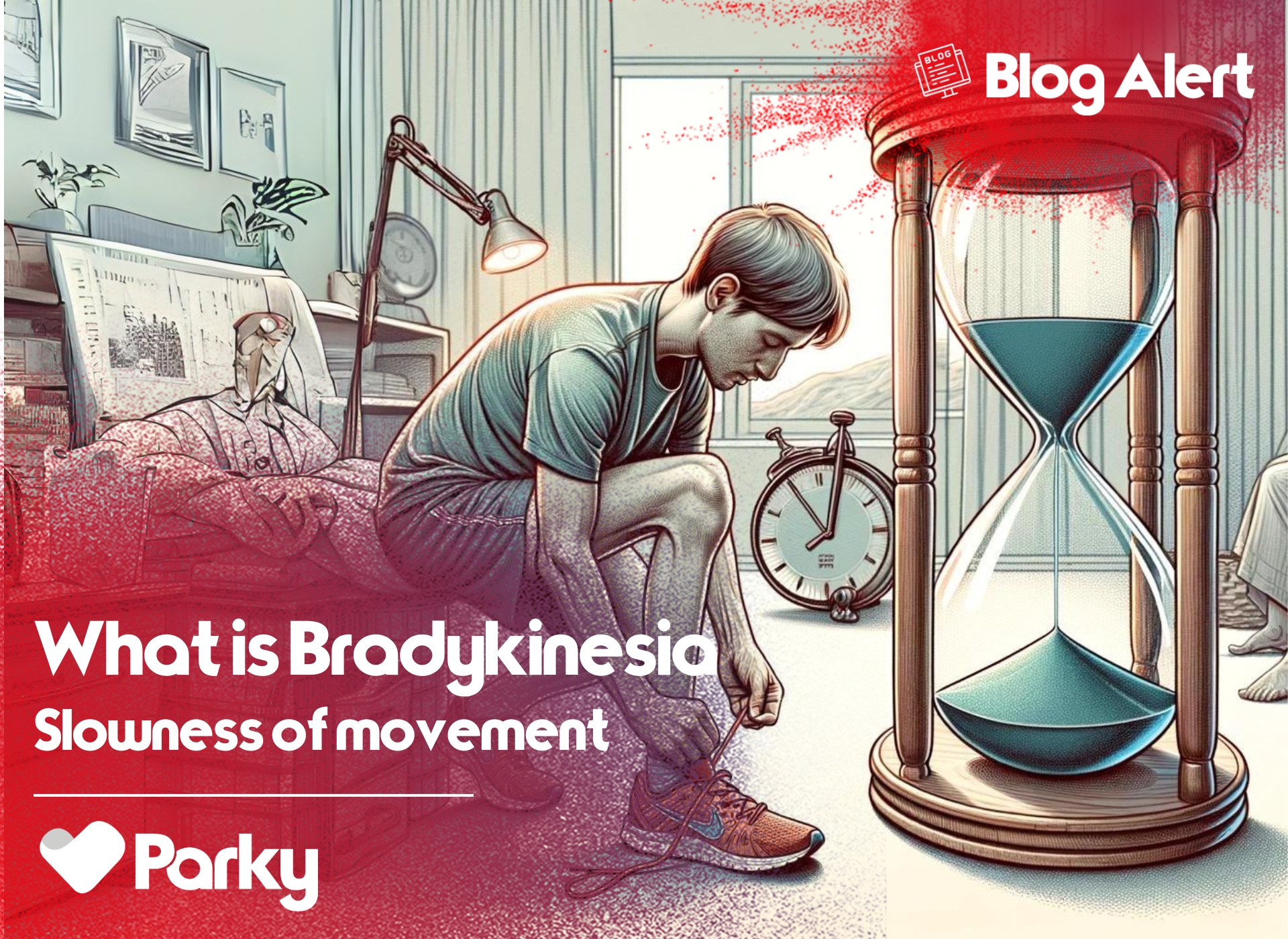

Parkinson's disease is a progressive neurological condition affecting millions worldwide. While there is no cure, understanding the factors that can worsen the disease is crucial for effective management. We'll explore 10 things that worsen Parkinson's disease symptoms and provide practical tips to address them.
Why?
Proper medication management is critical because medications, such as levodopa and dopamine agonists, play a central role in controlling motor symptoms in Parkinson's disease. However, irregular or inconsistent medication intake can lead to fluctuations in symptom control, known as "on-off" episodes.
Tips:
Research: A study published in the journal "Neurology" in 2019 emphasized the importance of medication adherence in managing motor fluctuations in Parkinson's disease.
Why?
Stress and anxiety can trigger the release of stress hormones that may interfere with the effectiveness of dopamine in the brain, worsening motor symptoms like tremors and rigidity.
Tips:
Research: A study published in the "NPJ Parkinson's disease" in 2021 suggested that motor symptoms worsen with stress based on patient reported outcomes.
Why?
Regular exercise is essential because it helps maintain muscle strength, flexibility, and balance. Parkinson's disease often leads to reduced mobility, making physical activity vital for preserving independence.
Tips:
Research: A study published in "Journal of Neurology" in 2011 highlighted that inactivity in PD was associated with worse walking performance, more disability in daily life, and greater disease severity.
Why?
A balanced diet is crucial to support overall health, energy levels, and the body's response to medications. Poor nutrition can lead to fatigue and constipation. In addition, diet directly effects medication absorption in PD. This may cause fluctuations in motor symptoms.
Tips:
Research: A systematic review published in "Advances in Nutrition" in 2021 highlighted that dietary interventions have the potential to optimize levodopa efficacy and control side effects.
Why?
Infections like urinary tract infections (UTIs) and respiratory infections can temporarily worsen Parkinson's symptoms, leading to increased confusion, falls, and discomfort.
Tips:
Research: A review published in "Journal of Parkinson's disease" in 2021 suggested specific bacterial and particularly viral infections may increase vulnerability to PD.
Why?
Coexisting medical conditions, such as diabetes or hypertension, can complicate Parkinson's management. These conditions may require additional medications and monitoring.
Tips:
Research: A review published in "Journal of Parkinson's Disease" in 2020 emphasized the need for clinical management to consider other illnesses and resilience as they age with PD.
Why?
Sleep disturbances, including insomnia and frequent awakenings, can worsen fatigue and exacerbate motor and non-motor symptoms.
Tips:
Research: A study published on "JFrontiers in Aging Neuroscience" in 2022 suggests that worse sleep quality aggravates the motor and non-motor symptoms in Parkinson's disease.
Why?
Mental health issues like depression and anxiety are common in Parkinson's patients and can affect overall quality of life, making symptom management more challenging.
Tips:
Research: A review published in "Clinic in Geriatric Medicine" in 2020 highlighted that depression and anxiety are often under-recognized because the somatic symptoms of depression often overlap with the motor symptoms of Parkinson disease and there is low self-reporting.
Why?
Exposure to environmental toxins or chemicals may contribute to Parkinson's disease development or progression in some cases, although the exact causes are not fully understood.
Tips:
Research: Research in "Nature Communications" in 2023 have identified 10 pesticides that significantly damaged neurons implicated in the development of Parkinson’s disease.
Why?
Parkinson's tends to progress with age, and managing the disease may require adjustments in treatment plans and lifestyle as symptoms change.
Tips:
Research: The "Aging Research Reviews" published a review in 2014 examining the impact of aging on the clinical features and management of Parkinson's disease.
By proactively addressing these ten factors that can worsen Parkinson's disease, individuals, along with their healthcare teams and support networks, can enhance symptom control, improve their quality of life, and manage the condition effectively.
Join our community in spreading hope and strength. Tell us your unique journey with Parkinson's to uplift and empower others.